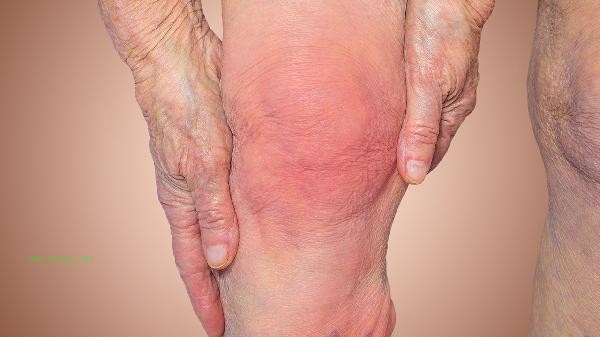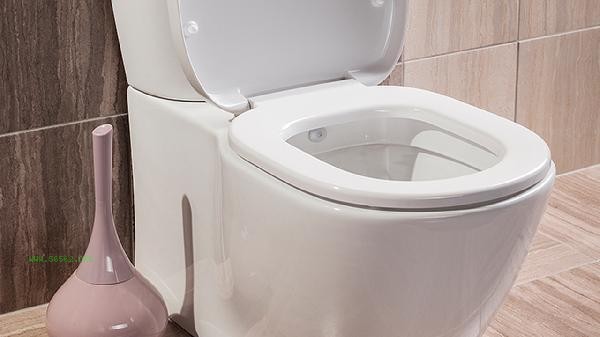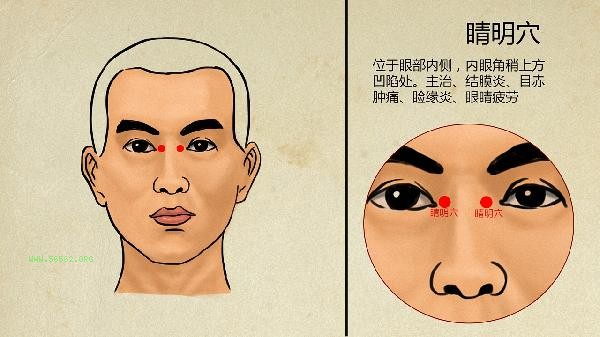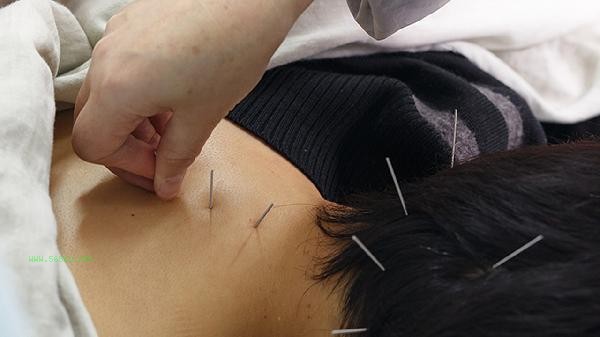Abdominal liposuction is a plastic surgery method that removes excess fat from the abdomen, but it carries certain risks and sequelae, including infection, uneven skin, and fat embolism. Choosing a reputable hospital and strictly following medical advice before and after surgery can effectively reduce risks.
1. Risk of infection. Liposuction surgery requires an incision on the skin, and if disinfection is not thorough or postoperative care is improper, it may lead to bacterial infection. After surgery, it is necessary to keep the wound clean, take antibiotics on time, and avoid vigorous exercise. When the infection is severe, symptoms such as fever, redness, swelling, and pain may occur, and prompt medical attention is necessary.
2. Uneven skin. During the liposuction process, if the fat is not removed evenly, it may lead to uneven skin surface. This situation is common in people with poor skin elasticity. Postoperative improvement can be achieved through massage, wearing shapewear, and other methods. If the symptoms are obvious, secondary repair surgery may be necessary.
3. Fat embolism. During liposuction, fat particles may enter blood vessels and cause fat embolism. This is a serious complication that can lead to difficulty breathing, chest pain, and even shock. During surgery, doctors need to strictly control the operation, closely observe the patient's condition after surgery, and immediately handle any abnormalities found.
4. Postoperative pain and swelling. After liposuction, the surgical site usually experiences pain and swelling, which is a normal phenomenon. After surgery, discomfort can be relieved by applying ice and taking painkillers. Swelling usually gradually subsides within a few weeks, but complete recovery may take several months.
5. Abnormal skin sensation. Liposuction may damage subcutaneous nerves, causing numbness or sensitivity to the skin at the surgical site. This situation is usually temporary, and as the nerves repair, the sensation will gradually return to normal. If there is no improvement for a long time, please consult
6. The postoperative effect is not ideal. After liposuction, if the weight rebounds or fat is redistributed, it may lead to unsatisfactory results. After surgery, it is necessary to maintain a healthy diet and moderate exercise to avoid the accumulation of fat again. If you are not satisfied with the effect, you can communicate with the doctor and consider other plastic surgery methods. Although abdominal liposuction can quickly improve abdominal contour, it is not suitable for everyone. A comprehensive physical examination is required before surgery to assess one's own health condition and surgical risks. Strictly following the doctor's guidance after surgery, paying attention to rest and care, can minimize complications and achieve ideal results. Choosing reputable medical institutions and experienced ones is the key to ensuring surgical safety.









Comments (0)
Leave a Comment
No comments yet
Be the first to share your thoughts!